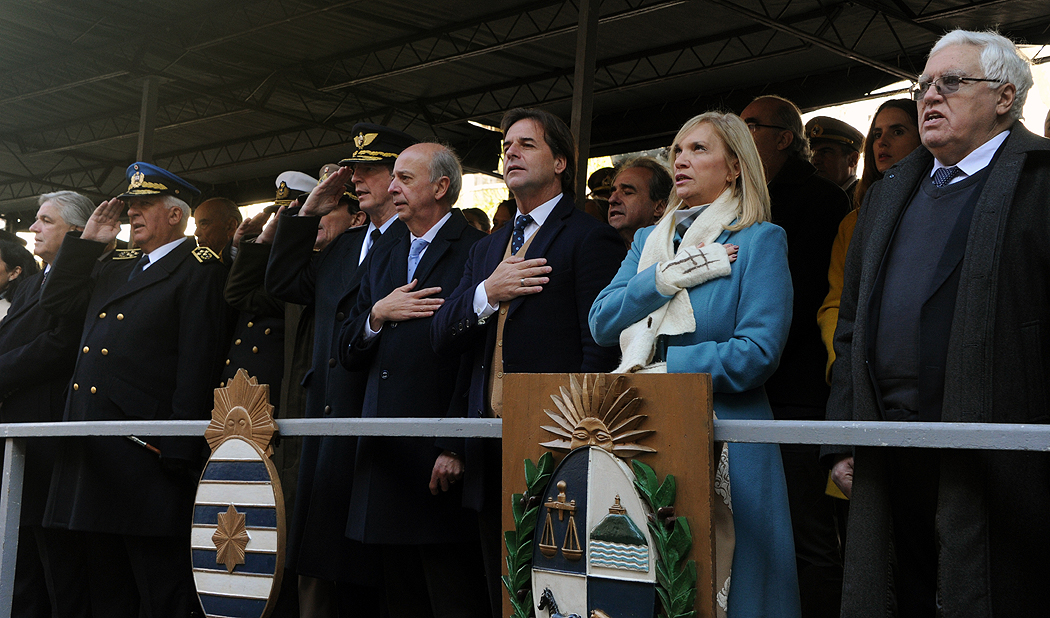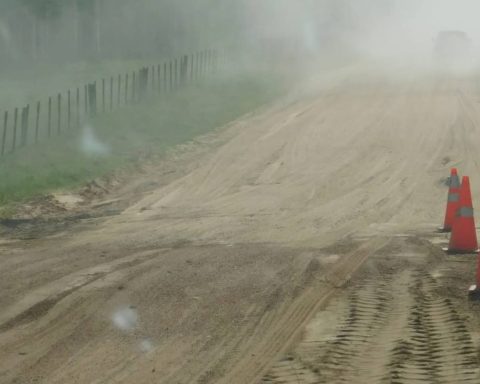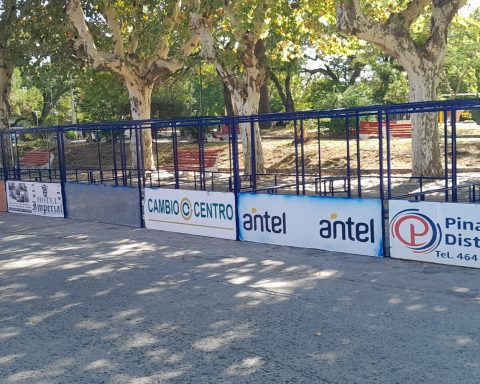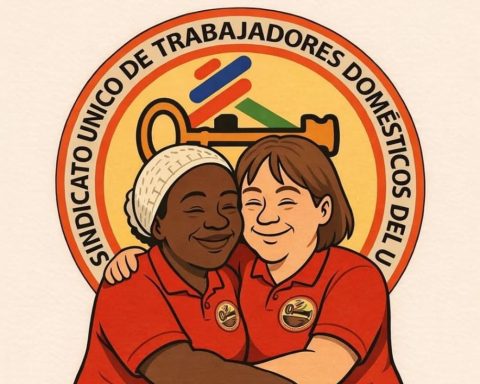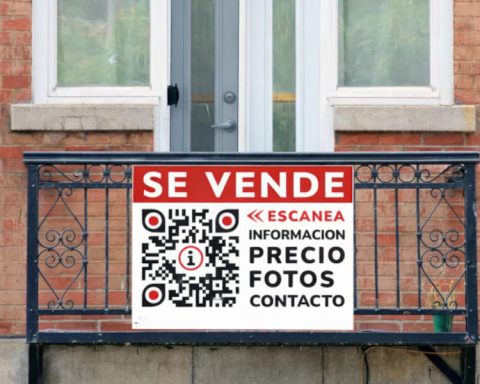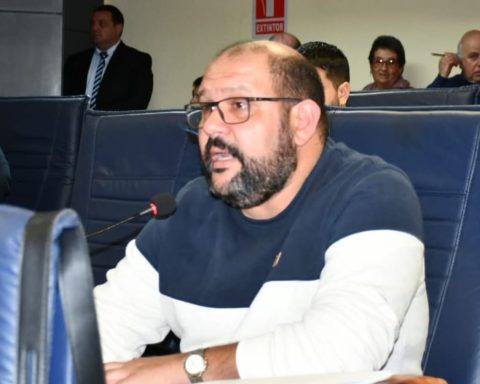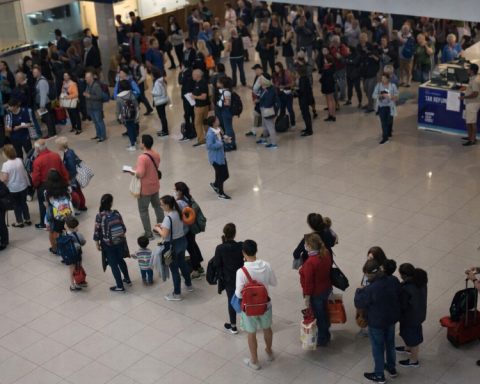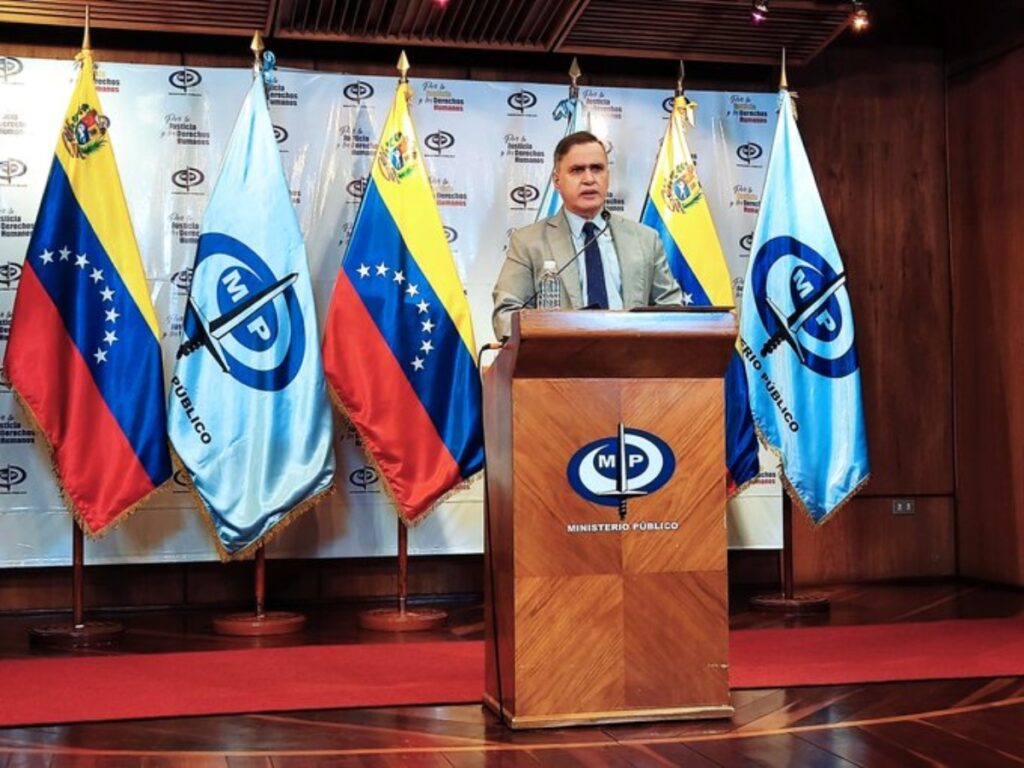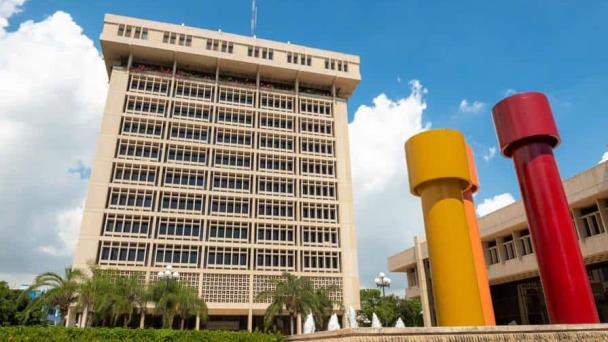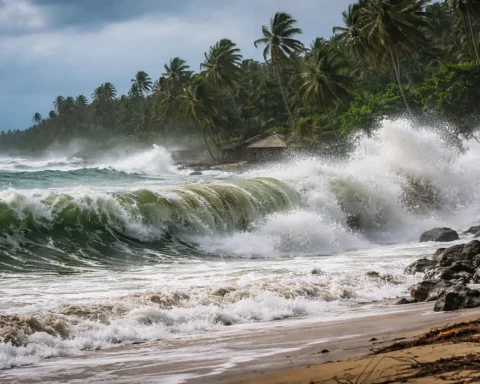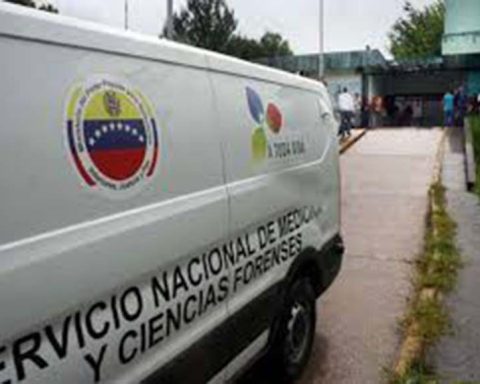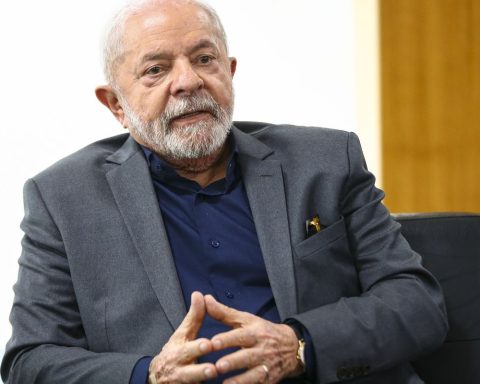This Monday, the President of the Republic, Luis Lacalle Pou, together with members of the Executive Branch, witnessed the event that commemorated a new anniversary of the Swearing-in of the Constitution in 1830.
The Minister of Public Health, Daniel Salinas, reviewed the historical event. “Individual rights and their protection were recognized in this milestone that marks the birth of the Eastern Republic of Uruguay,” he said.
The president was accompanied by the secretary of the Presidency, Álvaro Delgado, and the deputy secretary, Rodrigo Ferrés. Ministers of State, representatives of the Legislative Power and the Judicial Power, heads of public bodies, departmental authorities, police, military and diplomatic representatives also participated.
In his oratory, in a commemoration that had not been officially held since 2006, Salinas reviewed the events of the historical milestone of the year 1830, when the first Constitution was sworn, which would govern the life of the Orientals. «When asked if they would swear to the new Constitution, the crowd replied: ‘Yes, I swear.’ It was a popular holiday and celebration,” he said.
He recalled that day as the beginning of the democratic life of the State, in which the separation of powers was consecrated, with a presidential Executive, a Parliament and the High Court of Justice. He explained that individual rights and their protection were recognized in that milestone that marked the birth of the Oriental Republic of Uruguay.
He indicated that the Constitution guaranteed precepts and personal rights that are a guarantee, to this day, of a civilized life, and added that remembering these moments always means pride and consideration of national identity.
He added that, 192 years later, the Uruguayan people continue to overcome the challenges of their history, referring to the health crisis caused by the COVID-19 pandemic. In this sense, he indicated that health is an essential aspect of life, and that in the last two and a half years there has been uncertainty, a situation in which decisions had to be made and problems solved with an eye toward what was to come.
Once the act was over, President Lacalle Pou and other national and departmental authorities witnessed the traditional civic-military parade.
